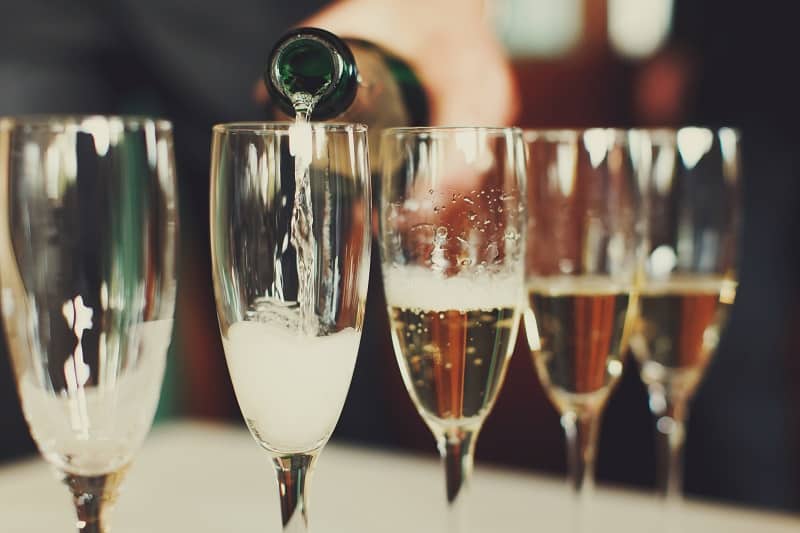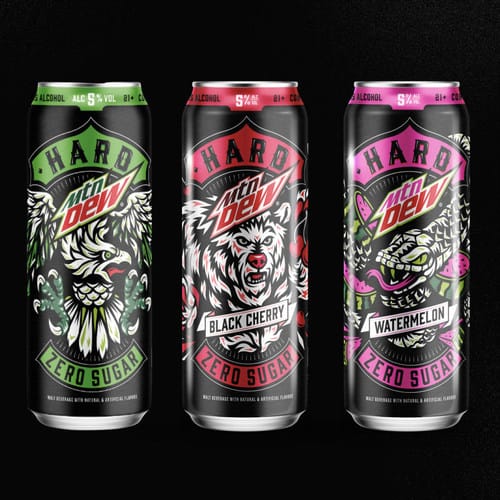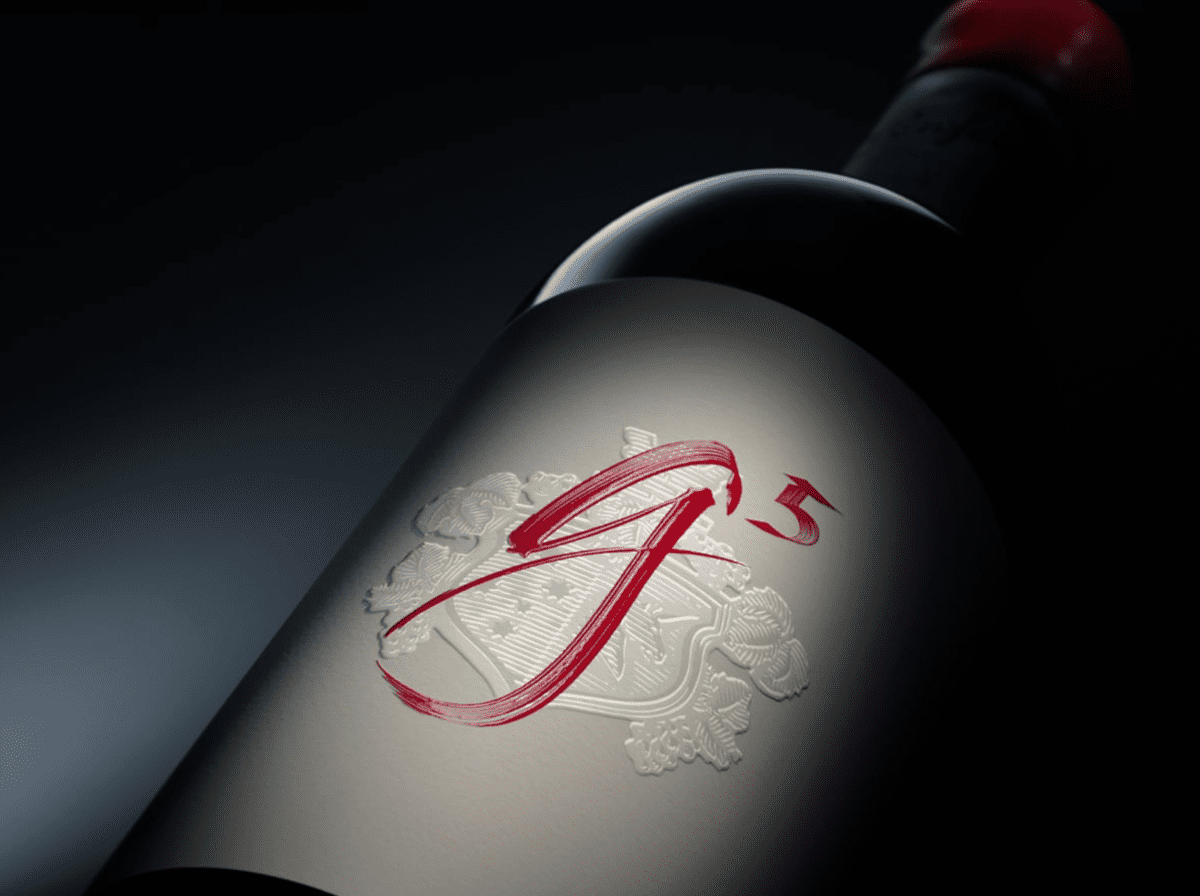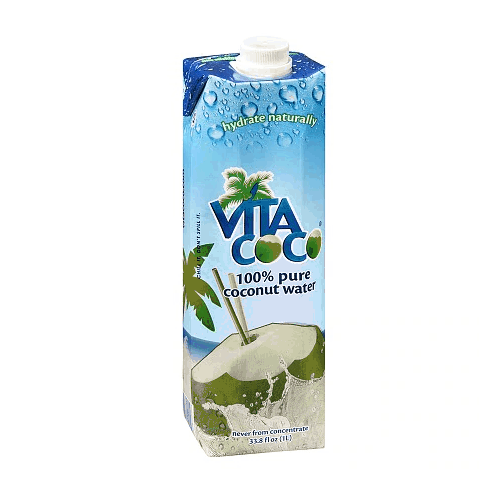Beginner’s Guide: What Is Champagne?
The news that Russia is challenging the longstanding French right to exclusively use the term Champagne surprises me greatly. The most famous wine in the world and its terroir (the wine’s specific individual environmental factors) is not an area that I thought Vlad Putin would get involved in.
However, the news of Russia’s challenge piqued my curiosity about the origins of French bubbly. It prompted me to delve into the origin, history, and definition of Champagne and its importance to the very fabric of French identity, regional pride, and global wine production.
The following article provides a beginner’s guide to Champagne, its definition, history, idiosyncrasies, and production. It makes a great little primer if you want to know more about what the kerfuffle is all about!
Defining Champagne and Its Protection by Law

Merriam Webster defines Champagne as “a white sparkling wine made in the old province of Champagne, France. Champagne is a historic region and former province of northeastern France west of Lorraine and north of Burgundy.”
The Comite Champagne extends the definition to include why the grape and terroir of the Champagne region – and the sparkling wine produced – is protected by law. This ancient law is known as the Protection of the Champagne appellation and is acknowledged by most of the world, although interestingly, not by the USA.
“Champagne is a unique winemaking region in France. Ninety miles northeast of Paris, the region’s climate, chalky soil, strict regulations, and long history of winemaking combine to produce a sparkling wine that can only be produced in one place: Champagne.
“There are many sparkling wines produced around the world but the Champagne name can only be used on a label if the grapes and the wines produced, under strict controls, in the French region that bears the name Champagne.” While they often use pinot noir grapes, have bubbles and in general look and taste, the same, sparkling wine and Champagne wine are classed differently because of this Protection of Champagne appellation.













